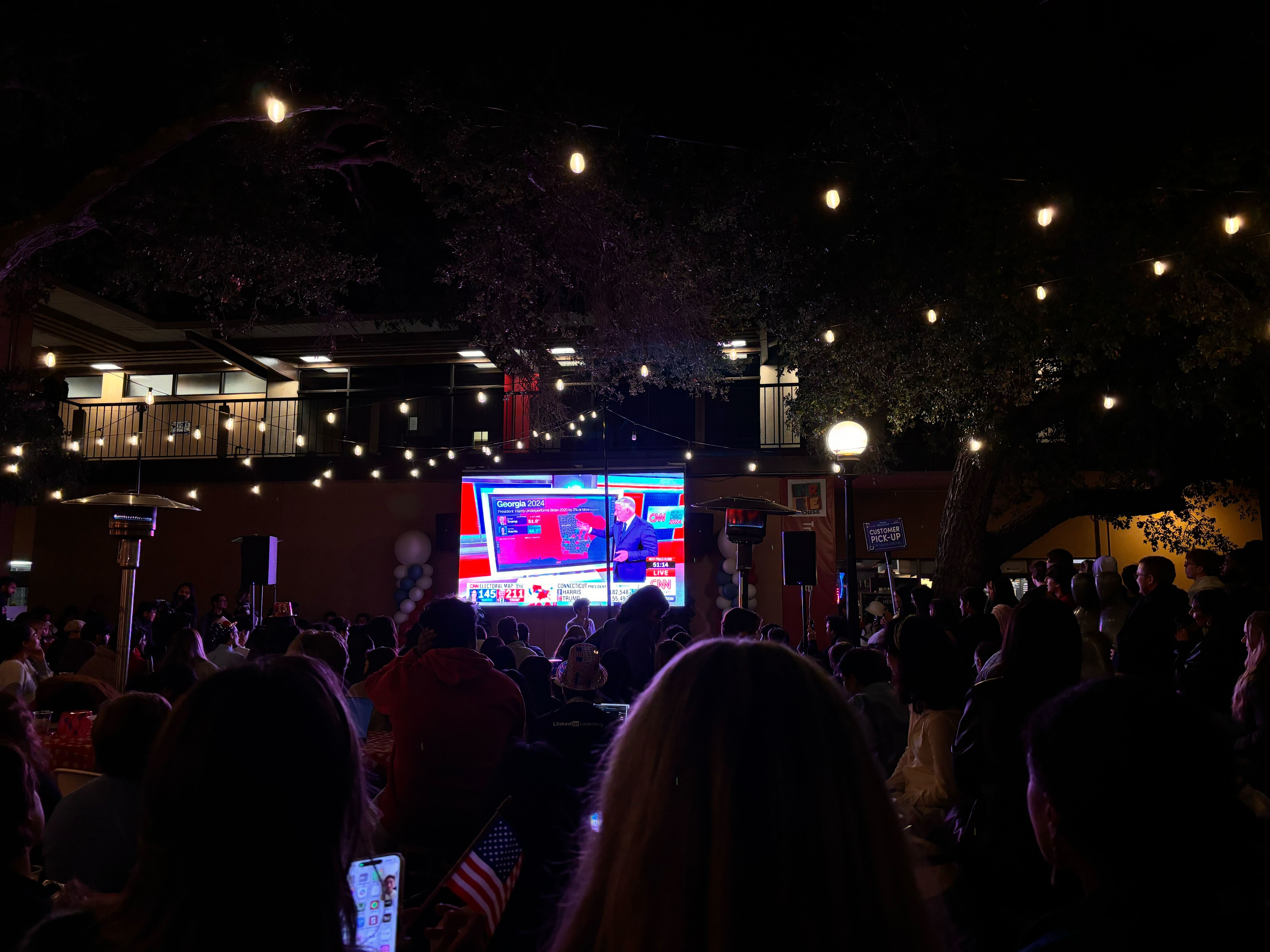Not to be cynical, but President-elect Donald Trump’s latest bureaucratic picks are as expected: extreme loyalists, several of whom have sexual assault allegations on their record. Though he confidently asserted that he is “the one saving democracy,” Trump’s nominees indicate otherwise.
As a nonpartisan reference, the Organization of American States’ Inter-American Democratic Charter — which the U.S. is a signatory and major proponent of — can be considered. Established with the intention of strengthening democracy in 2001, it constitutes a strong standard of comparison.
Article 1 asserts that governments must protect citizens’ right to democracy. Yet, Trump’s Secretary of State pick, U.S. Senator Marco Rubio, vehemently opposed a bill proposing to expand national voting rights.
Article 2 upholds that democracy is solidified by citizens’ permanent political participation. But Stephen Miller, who has been chosen to forerun homeland security efforts, seems to disagree. He pushed for states to verify voters’ citizenship, even though such tactics constitute a form of voter intimidation.
Article 3 attests that pluralistic elements, such as the existence of competing political interests, must be sustained. On the contrary, Kash Patel — chosen by Trump to oversee the Federal Bureau of Investigation (FBI) — previously threatened to fire any officials who didn’t support Trump.
Article 4 notes the importance of “responsible public administration” by governments. Conversely, Trump’s Secretary of Health and Human Services pick, Robert F. Kennedy Jr., actively spreads vaccine misinformation.
Article 5 urges that campaign financing is transparent. Billionaire Elon Musk, a Department of Government Efficiency co-chair, initially covered up his Republican campaign contributions with the intention of avoiding public scrutiny over the association.
The list goes on and on and on. Democracy’s future is certainly looking bleak, and the “MAGA king” himself isn’t helping. Trump’s demands for the “termination” of the Constitution, his incitement of violence at the Capitol and his felon status are concerning, to say the least. Despite the threat to democracy he poses, Trump was victorious after election day. On that night, a crowd of Stanford students applauded when Vice President Kamala Harris won California. Several expressed disappointment and even fear at Trump’s success.
As a first-time voter, I was hit by a mix of emotions: excitement at the achievement of finally voting and terror over the consequences the results posed for me.
Yet, I interacted with many Stanford students who didn’t vote or weren’t even registered to vote. When I asked about why, several asserted that it wouldn’t make a difference in the election. Blue states would stay blue and red states would stay red, and one vote wouldn’t make a difference — so they said. Some spoke of mail-in ballot struggles. Others remarked disinterestedly that politics just “aren’t for them.”
On a national level, members of Gen Z have described election night as a “political hangover,” with voting rights being a form of exploitation by interest groups rather than a privilege. Democracy may be at stake, but many college students remain unconvinced or perhaps cynical — like me — at the prospect of a public-serving government.
Studies have shown that adults who complete college and post-graduate degrees are more consistently liberal. But with so many college students not voting for a myriad of reasons, this liberal shift may not be reflected in the election results. The deep irony of democracy being blockaded by low turnout — itself partially caused by students not exercising their constitutional right — is saddening. Rather than admonishing students who choose to not vote, I believe that these voices should be elevated.
No matter which political party is in rule, the rationales stated for not voting continue to persist. This in itself is the destruction of democracy, especially among a group that could have made a substantial difference in the elections.
We must then speak up about these barriers to the youth vote — whether they be mail-in ballot problems, pluralistic exploitations or cynical takes. I’ll start: I attempted to submit my online voter registration over the course of several weeks, though my state website continually redirected me. I ultimately needed to send in a physical registration form. Even small issues such as this can discourage students from voting. On top of this, my ballot was sent to my home address in Colorado.
Similarly, several of my friends who live out-of-state did not receive their ballots in California, confused as to where they had been sent. If not for my amazing mother, who was travelling to California and dropped off my ballot, my vote would not have been received in time. In a country where so many barriers to voting exist, it is important for us students to speak up and share our experiences.
While we may be entering a phase of anti-democracy, the American public — and especially college students — has already been experiencing such a system. Unfortunately, Trump has signified intentions to eliminate the Department of Education and defund schools with vaccine mandates, alongside a number of other potentially detrimental policies. These changes could disrupt the nation’s entire school system, ultimately exacerbating the anti-democratic attitudes that college students today experience.
When our so-called “democratic” government officials inevitably fail us, it will be us — college students — who will have to self-advocate. The agencies meant to help us will be defunded, and in a nation where money is power, we will have no voice. In addition to sharing our opinions and engaging in protests, we must vote — even if we have doubts on the effectiveness of our individual votes or encounter burdensome protocols.
We must take democracy into our own hands in order to save it. Heading into 2028, speak up and vote. Until then, let the cynicism rain. We’re going to need it.
